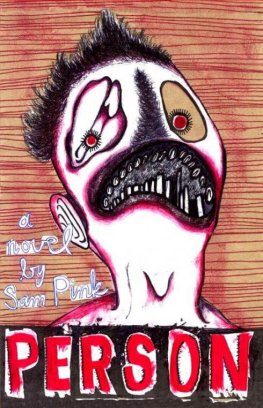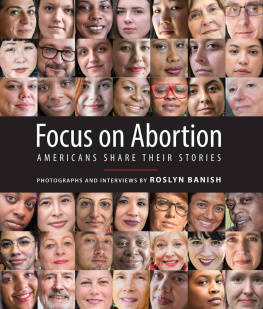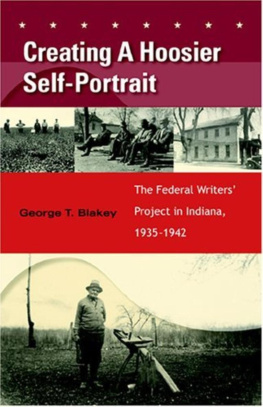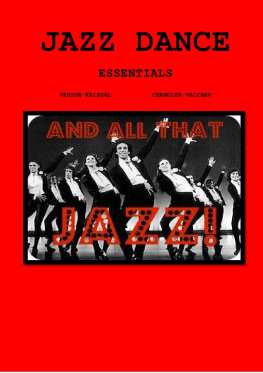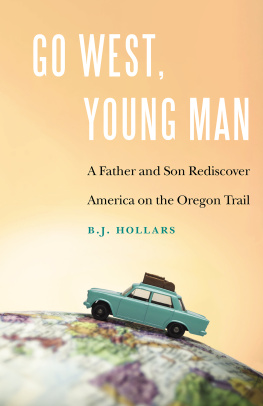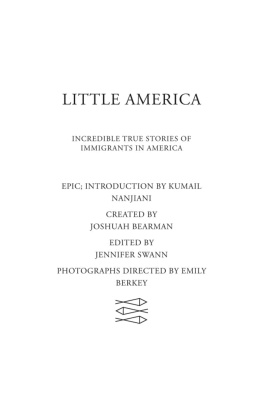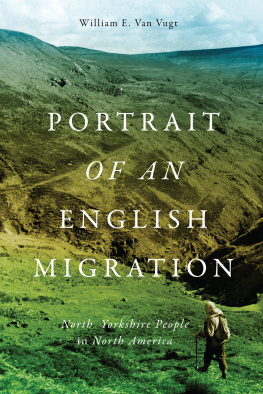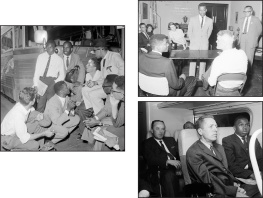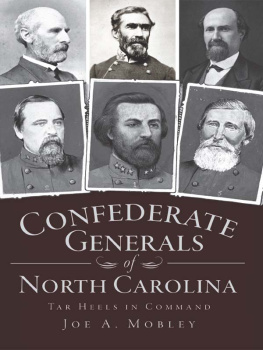Preface to the E-book Edition
In the mid-1920s, at the peak of the land rush that built modern Florida, my grandmother Blanche was working in a real estate office in Palm Beach. Sales along the Gold Coast were booming and this exuberance was on display in a showy map of Florida embedded as a mosaic in the office floor. To highlight Palm Beach, the artist had cemented in a shiny silver dollar. But before long, the speculative bubble burst, helped along by a hurricane. One morning my grandmother and her colleagues arrived at the office to discover that someone had chiseled the silver dollar right out of the floor. Times were that hard.
She ended up losing her house, her car and all the money she had saved for my fathers education. Those things, though, she seldom mentioned. Instead, she told me about the stolen silver dollar. It comforted my grandmother, I believe, by reminding her that in her misfortune she was far from alone.
I was raised on stories of the Great Depression; this was only one of many told around our dinner table. Hearing them again and again, I became fascinated by the role that stories play during hard times, the way they seem to strengthen people, offering a bulwark against loneliness and feelings of personal failure. That is how I came to find myself spending a year in a dimly lit storage room in the Library of Congress, sorting through thousands of interviews with ordinary Americans telling about how they survived the tough times of the Great Depression.
The stories were collected in the late 1930s by the Federal Writers Project, a unit of the Works Progress Administration (WPA) that employed out-of-work writers. But before the intended series of anthologies could be published, the Writers Project was red-baited out of existence. The oral historiesof tobacco farmers, smugglers, midwives, jazz musicians, oil roustabouts and othersended up crammed in rickety filing cabinets in a remote and dimly lit storage room in the Library stacks.
When I learned of these forgotten stories, I decided to try to finish what the Federal Writers Project had started by editing an anthology of the material. An Aladdins Cave of stories, the storage room yielded treasure after treasure during the time I spent in its dusty confines. Sifting through the 150,000 pages of material, I was looking to fall in love. And I didwith a collection of personalities who were by turns scared, determined, funny, and brave, and whose clamorous vitality seemed to burst from the pages. I fell in love with Marie Haggerty, a Massachusetts housemaid who talked about how, when her employer left a five-dollar bill on the floor, my face burnt like fire, for I knowed I was getting tested. With Irving Fajins, who, while trying to organize his fellow workers at Macys, hit upon the idea of secretly distributing the union literature via the toilet-paper dispensers. With Lloyd Green, a Pullman Porter who lamented his move north to the big city: Im in New York, but New York aint in me.
The inhabitants of those file drawers told stories about how they got by using a mixture of ingenuity and guile. They hawked lucky charms and patent medicine made from roots and barks and good raw whiskey. They peddled cake flavoring and cased sausages, and auctioned tobacco, and fished and smuggled rum, and sometimes aliens, from Cuba to Key West. They worked in coal and granite and cotton and iron. (You aint an ironworker unless you get killed.)
The women quilted and pressed laundry and stitched shoes and danced in burlesque shows. They took in boarders and delivered babies, helping along the process with a tea made of mud daubers nests. And when their men ran out on them they swallowed their pride and threw rent parties, as Bernice Porter described doing in 1920s Harlem.
The vivid recollection of Bernice Porter and others who told their stories to the Federal Writers are no longer stashed behind the scenes at the Library of Congress. In the years since First-Person America was published, the life history collection has been organized, inventoried and moved to the cleaner, safer and more convenient environs of the Manuscript Division. And the WPA life histories are available online through the Library of Congresss American Memory Project.
The men and women in First-Person America told their stories in the late thirties with enough flourish to capture my attention forty years later. I loved their energetic clamor; their shrewd and spiky words. But how true were the stories? When possible I tested the narratives against other sourcesand found confirmation of even some of the gaudier tales. Yet it seems more useful to ask instead: how were the stories true? I came to believe that the rich subjectivity of these rememberings is in itself meaningful and valid.
And although the Federal Writers Project is no longer around, American storytelling is experiencing a renaissance. The Project has inspired a modern version in StoryCorps , a ten-year-old oral history organization that records the stories of ordinary people. (These stories are also on deposit at the Library of Congress.) The purpose of StoryCorps, according to founder David Isay, is to remind one another of our shared humanity, strengthen and build the connections between people and weave into the fabric of our culture the understanding that every life matters. The StoryCorps interviews join the FWP life histories in creating an invaluable archive of American voices and wisdom for future generations. Now, as in the 1930s, storytellers can help steady us through lifes perilous stretches. Listening to each others stories may grant us a sense of common purpose that money cant buy.
Ann Banks 2013
Introduction
During the Depression the cries of peddlers filled the streets of New York City. Kingfish Smith of East 100th Street knew he needed something extra to sell his fish and vegetables. He hawked his wares and kidded his fellow peddlers in original songs set to popular tunes of the day. His best songs were inventions of the moment, inspired by the produce on his wagon that morning:
I got vegetables today,
So dont go away
I got oranges, tomatoes, nice southern sweet potatoes,
I got yellow yams
From Birmingham
I got greens
From New Orleans.
I got the greenest greens I ever seen.
And I sure seen
A whole lot of greens.
In the spring of 1938, Smith told two members of the New York City Federal Writers Project how he composed his street cries and songs:
On the street whatever comes to my mind I say it if I think it will be good. The main idea is when I got something I want to put over I just find something to rhyme with it. And the main requirement for that is mood. You gotta be in the mood. You got to put yourself in it. Youve got to feel it. Its got to be more an expression than a routine.
Kingfish Smiths story of how he drew poetry from his workaday world was one of more than ten thousand first-person narratives collected during the last years of the Great Depression by members of the Federal Writers Project. Eighty of these narratives are published here for the first time. They include accounts by an Irish maid from Massachusetts, a French-Canadian textile worker from New Hampshires Amoskeag Mills, a Bahamian midwife from Florida, a patent-medicine pitchman from North Carolina, a Portuguese fisherman from Cape Cod, a Key West smuggler, a Chicago prostitute, and a Pullman porter from Harlem. Their stories of life and work during the 1930s are interwoven with reminiscences of ways of life long past by the time the Depression began. More than one-third of the narratives in this collection describe earlier decades. People tell of meeting Billy the Kid, surviving the Chicago Fire of 1871, making the pioneer journey to the Western Territories, and fleeing to America to avoid conscription into the Czars army.


